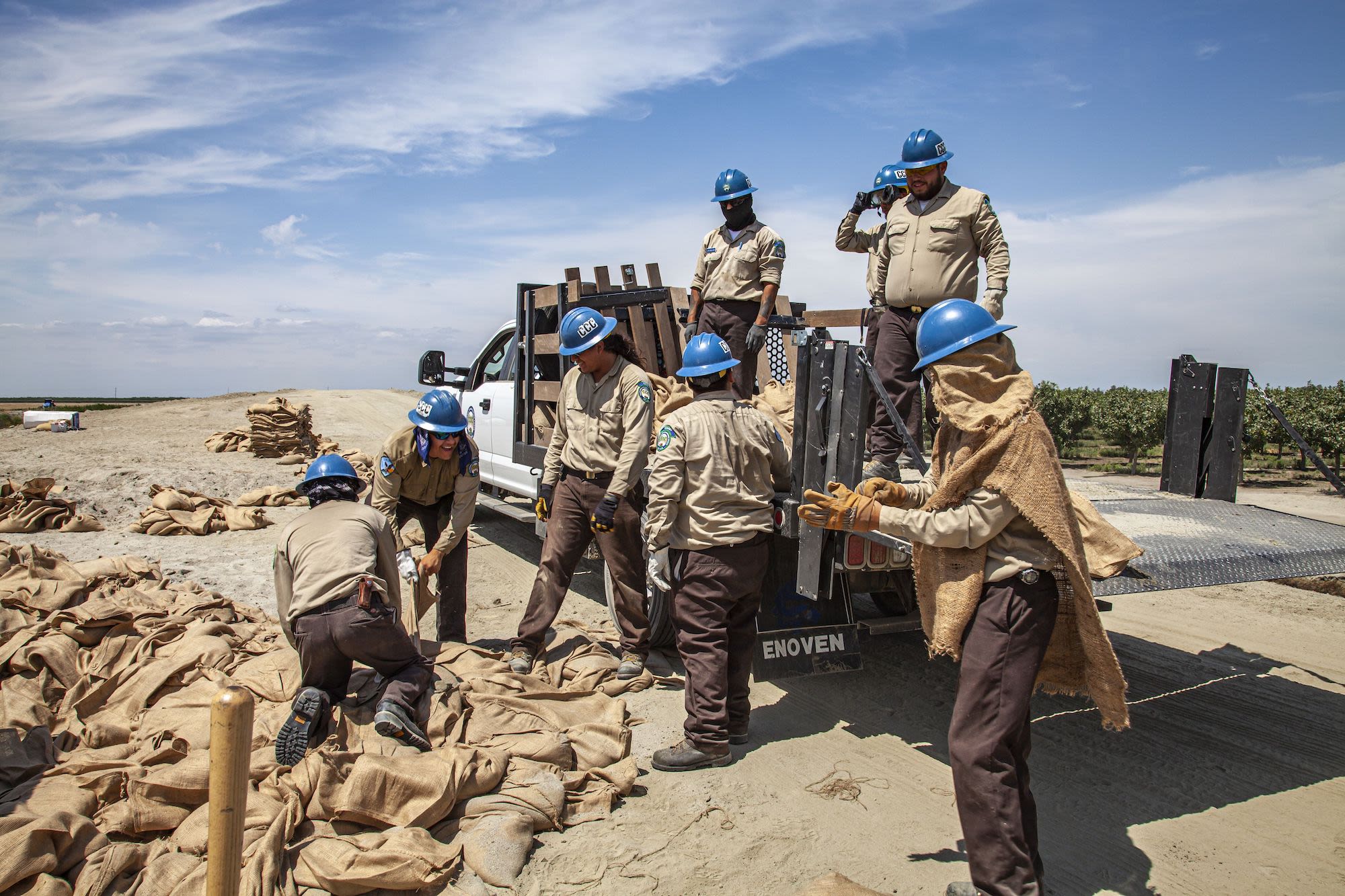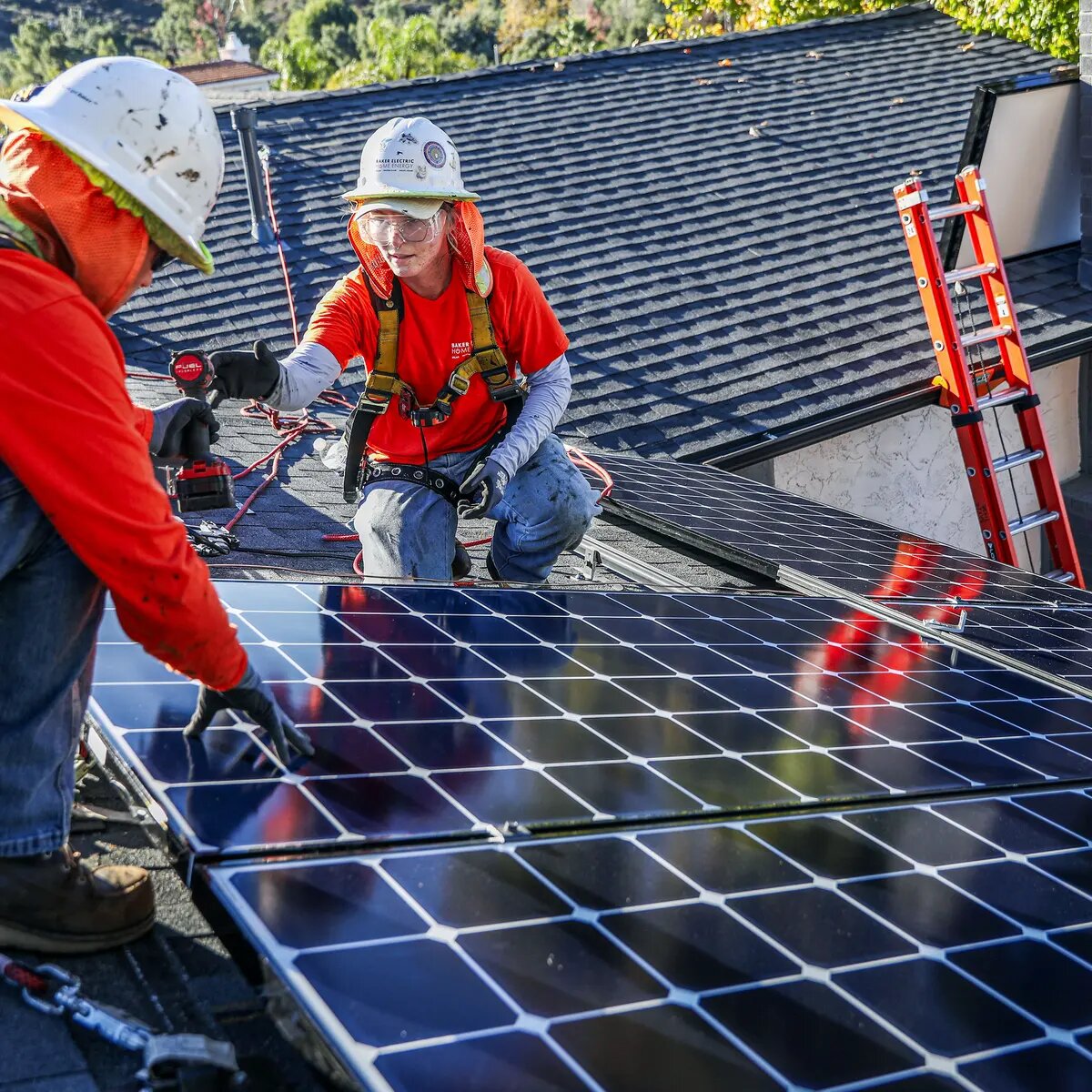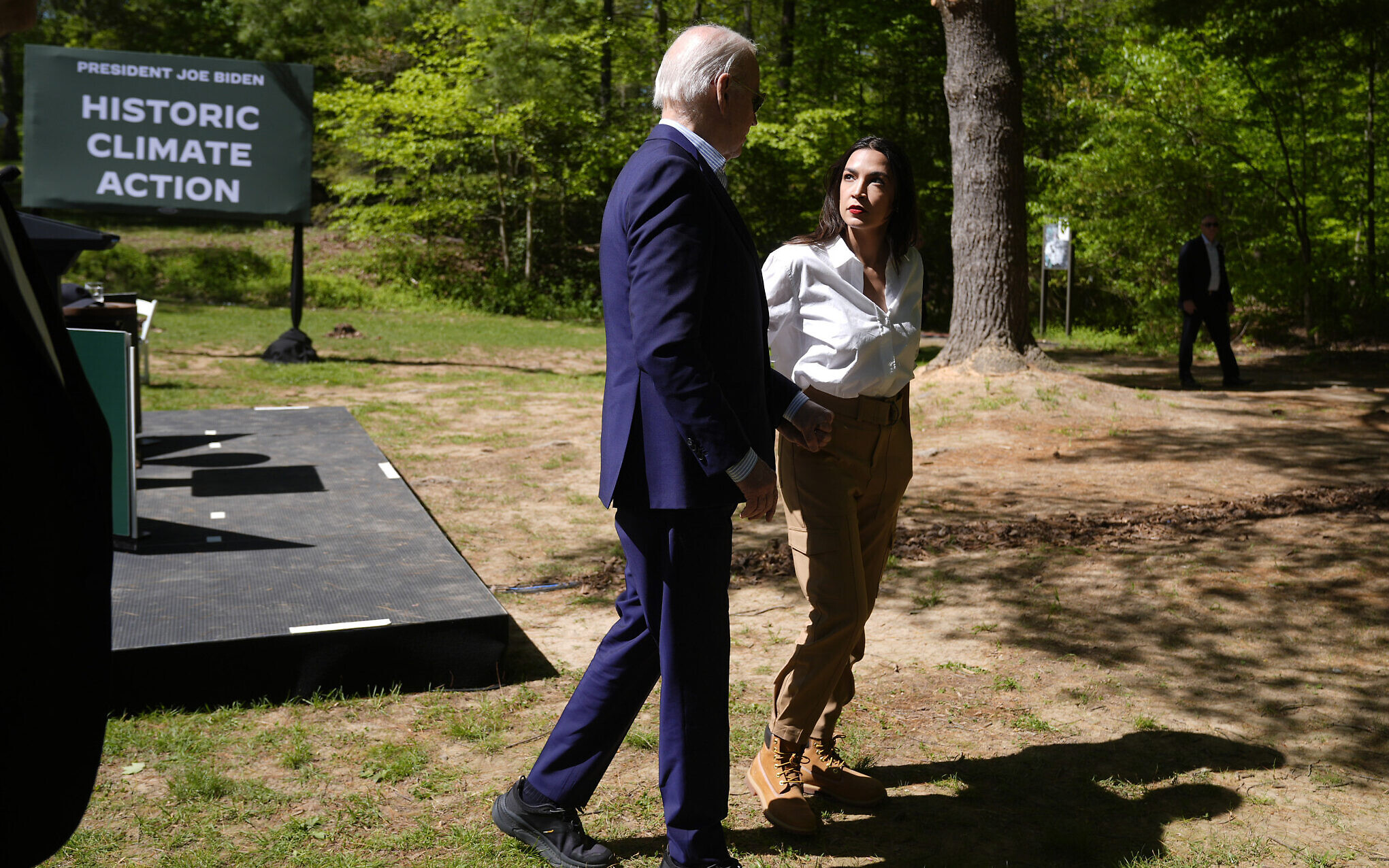President Joe Biden embarked on a journey to Triangle, Virginia, on Monday to commemorate Earth Day. During his visit, he announced a significant allocation of $7 billion in grant funding for solar power initiatives under the Inflation Reduction Act.
Additionally, he outlined plans to advance his administration’s American Climate Corps, a program which Solar Energy has gained widespread support among youth climate groups.
These announcements follow closely on the heels of several notable conservation measures taken by the Biden administration, including the prohibition of oil drilling on nearly half of Alaska’s national petroleum reserve.

Against the backdrop of Virginia’s lush greenery, President Biden emphasized the urgency of addressing the climate crisis, labeling it an “existential threat” requiring decisive action.
Drawing from personal experiences witnessing the devastating effects of climate change, including wildfires, extreme weather events, and lethal heatwaves, Biden underscored the imperative for progress.
Under the Environmental Protection Agency’s Solar for All program, funding awards were announced to various entities, including states, territories, tribal governments, municipalities, and nonprofits.
This initiative aims to develop solar programs targeted at disadvantaged communities, providing substantial benefits in terms of cost savings and environmental impact.
President Biden also detailed new action on the federal Climate Corps, designed to prepare young Americans for careers in clean energy and climate resilience.

He highlighted the program’s capacity to harness the talents of youth in service to the nation, offering opportunities to combat climate change through practical experience.
Moreover, Biden announced a strategic partnership between the administration and TradesFutures, the non-profit arm of North America’s Building Trades Unions.
This collaboration aims to facilitate Climate Corps members’ access to union apprenticeship programs, further enhancing skill development and job prospects in renewable energy sectors.

Additionally, he lauded three states—Vermont, New Mexico, and Illinois—for launching their own state-based Climate Corps programs, underscoring a broader commitment to grassroots climate action.
In Virginia’s Prince William Forest Park, President Biden and other progressive lawmakers reflected on the historical legacy of conservation efforts, drawing parallels to President Franklin Delano Roosevelt’s Civilian Conservation Corps.
They highlighted the potential for collective action to address the current climate crisis, emphasizing the importance of unity and progress in the face of adversity.
